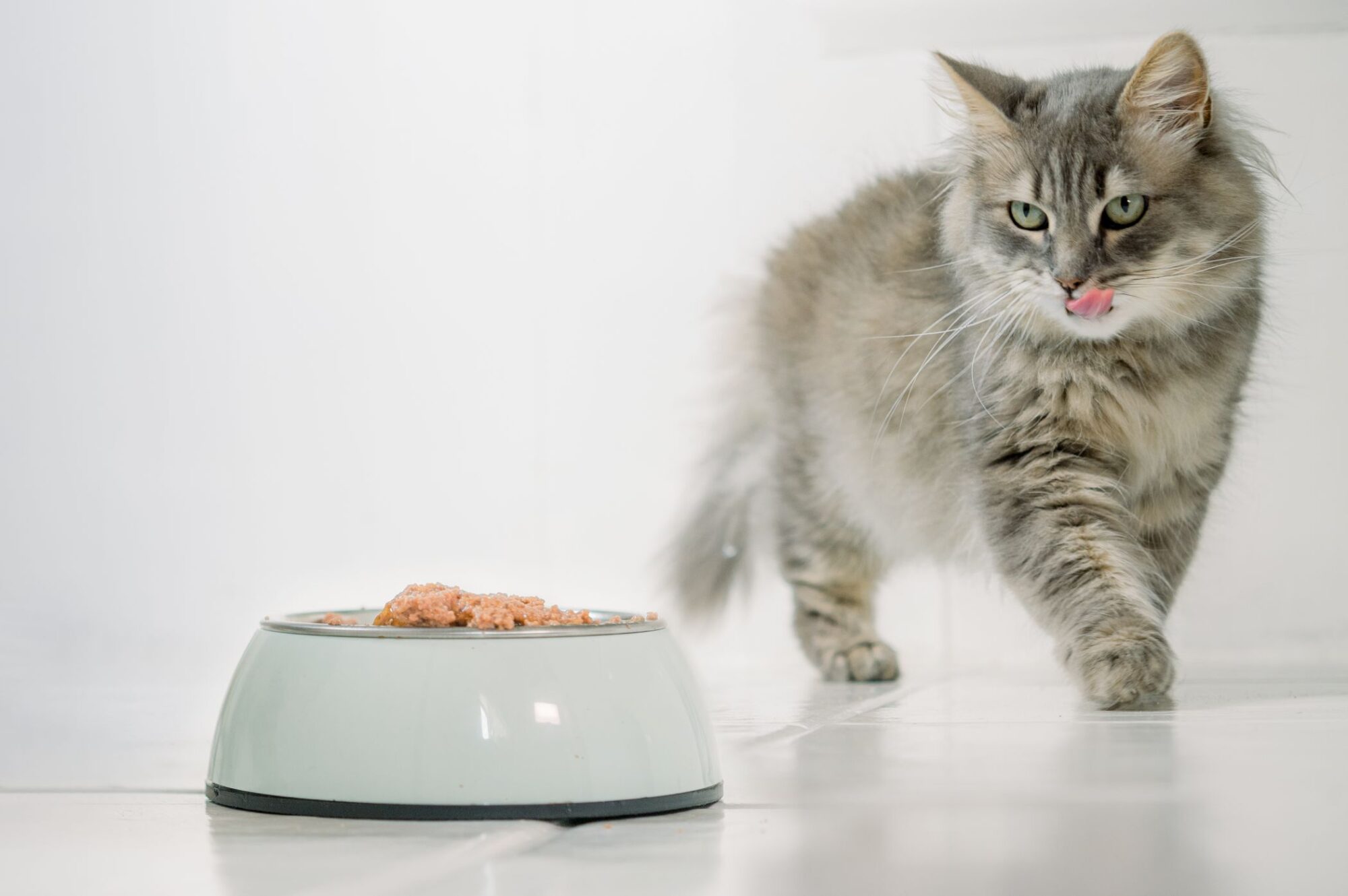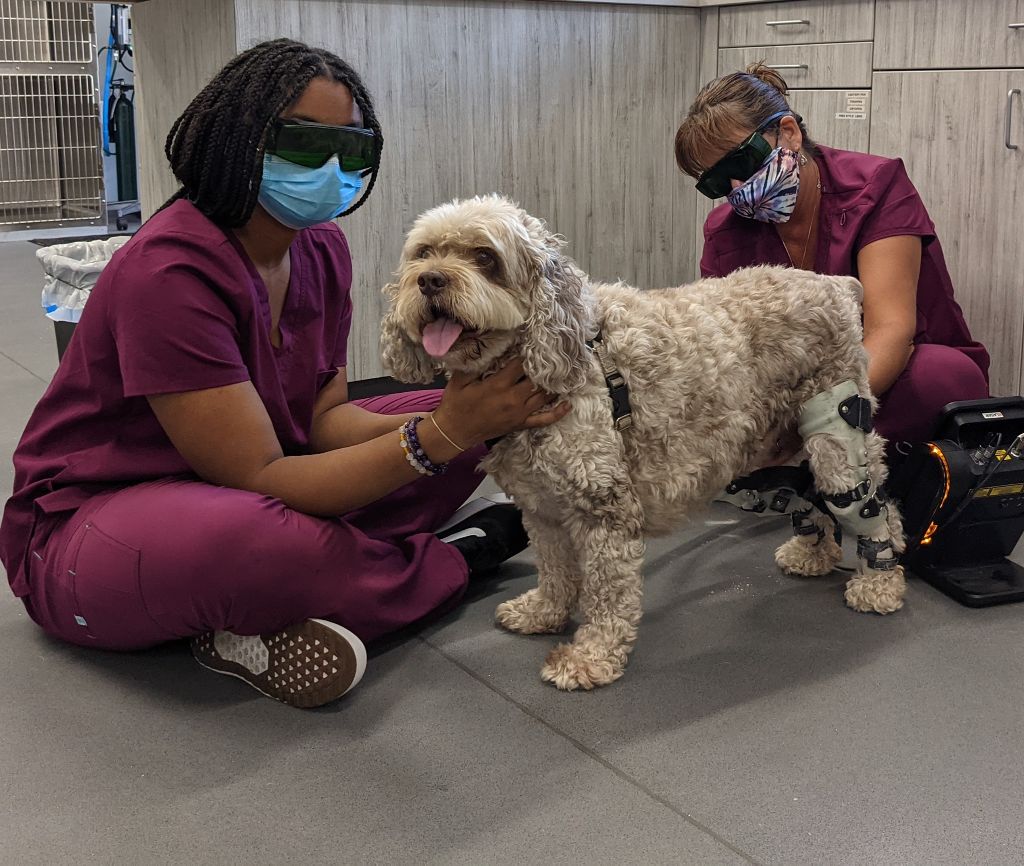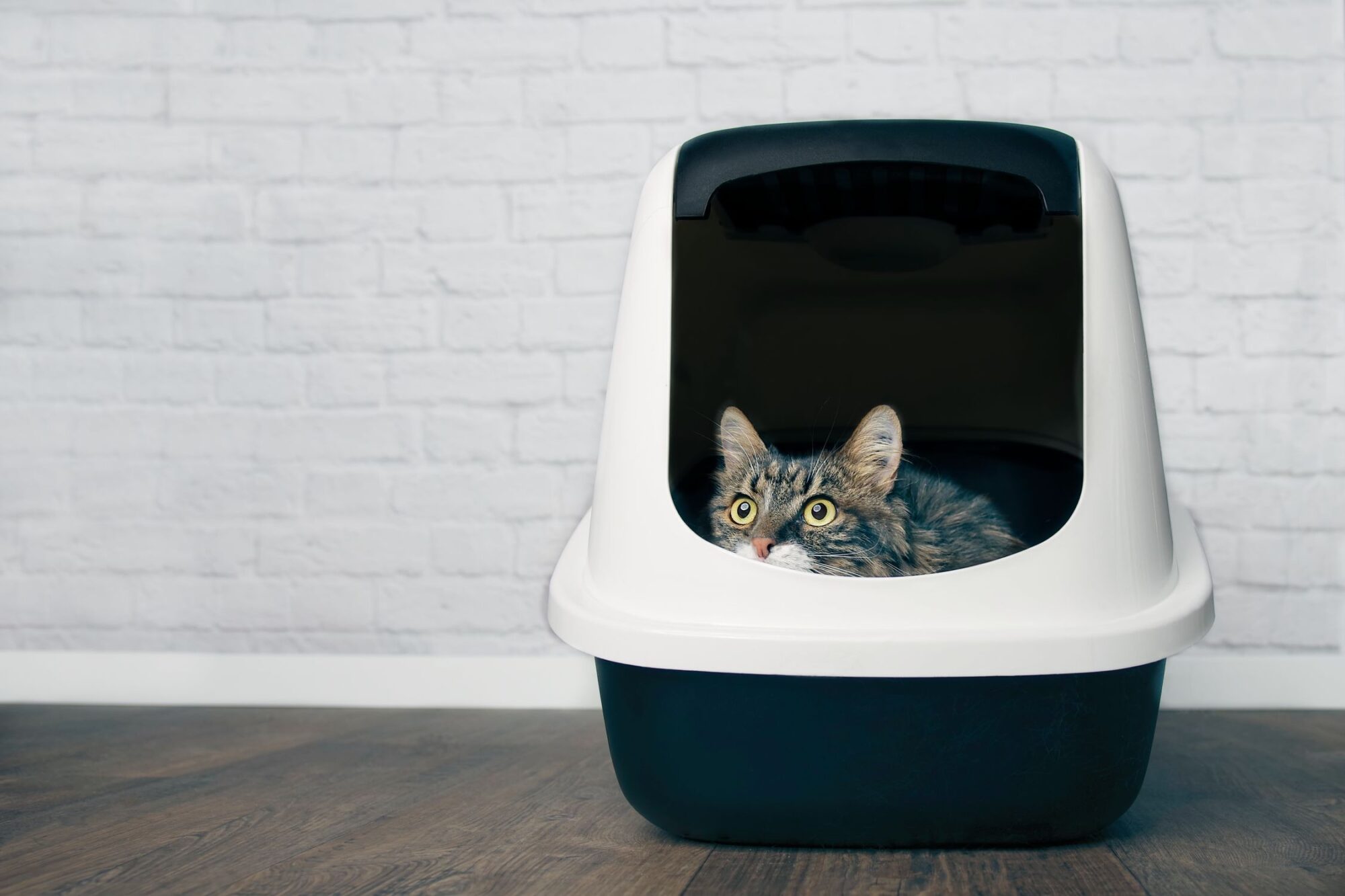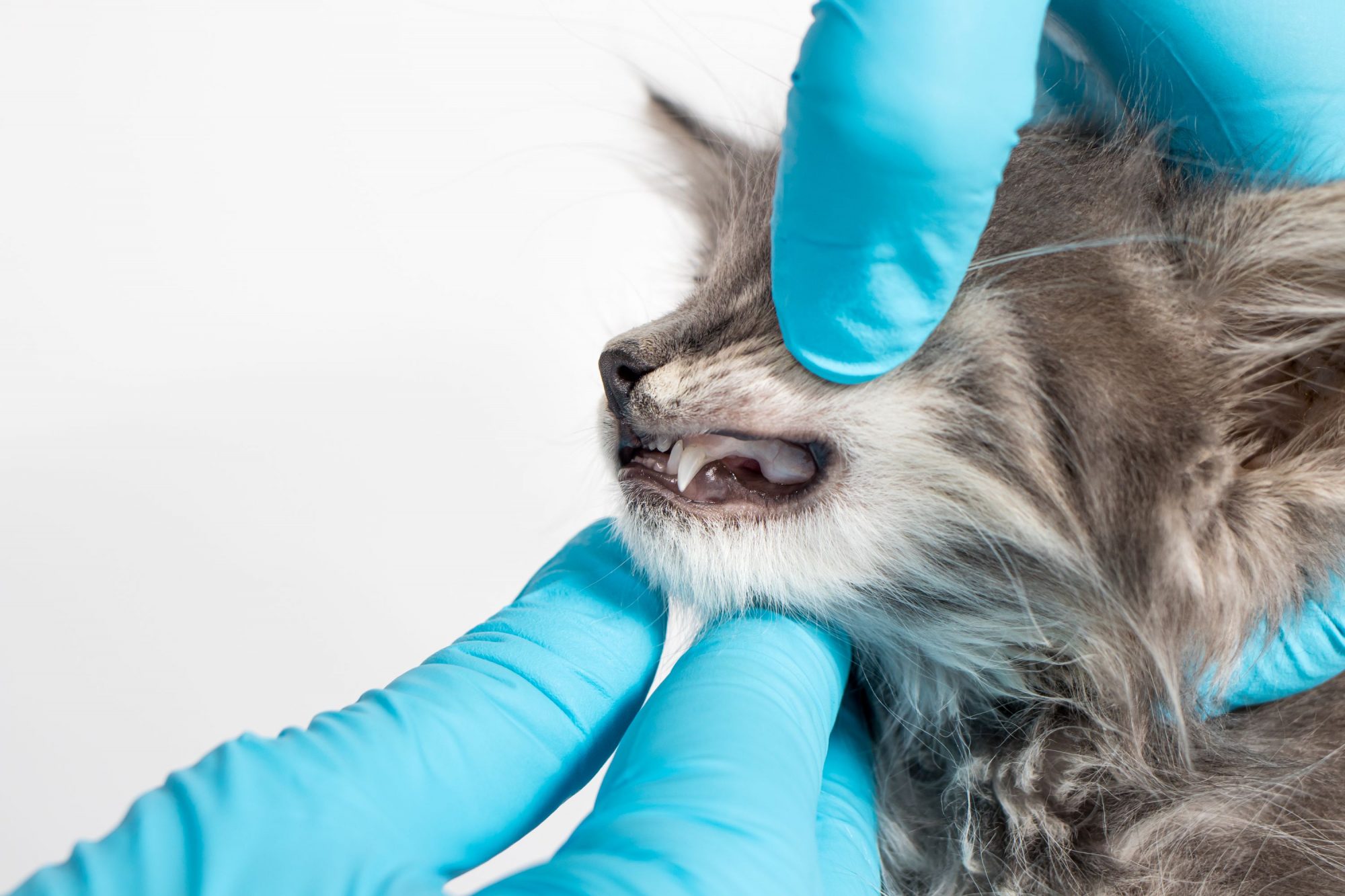Our Newsletter
April 2025 – Exotic Pets Month
Winter Pet Hazards: Keeping Pets Safe

Ark Animal Hospital and our Pennsylvania pet-owning families are no strangers to the winter. Living in a northern climate, it is likely you have some awareness of the unique challenges that the season can bring along with it. While the winter can be a little challenging for those of us that have animals, knowing about winter pet hazards can help us to weather the season a little better.
Continue…Adopt A Senior Pet Month: Benefits of Owning a Senior Dog

Is there anything better than a senior dog? When you think about all the love that senior dogs have left to give, it’s nothing short of inspiring. Adopting a senior dog is one of life’s greatest experiences, and we’re happy to tell you all about it.
Continue…Importance of Regular Veterinary Care for Rabbits, Guinea Pigs, and Hamsters

Small animals like rabbits, guinea pigs, and hamsters are cute and cuddly, and make great family pets. And just like dogs and cats, these adorable little fur balls need wellness and preventive care to live their healthiest, happiest lives.
At Ark Animal Hospital, we offer full-service veterinary care for pocket pets, birds, and other exotic pets. Pocket pets and exotics have specific dietary, housing, and enrichment needs, and we’re happy to discuss these requirements with you at your new pet’s first visit. Keep reading for our team’s tips on caring for rabbits, guinea pigs, and hamsters.
Continue…Feeding Your Pet for a Longer, Healthier Life

If we were to tell you that there was a simple way to improve your animal family member’s chances at a longer life, wouldn’t you want to know what it was? Ark Animal Hospital knows that good pet nutrition isn’t a huge secret, but it can be a little overwhelming. Feeding your pet the right way can make a big difference, though, and we are here to help you.
Continue…Cold Laser Therapy For Pain Management in Pets

Ark Animal Hospital is dedicated to providing the best possible care for your beloved pets. We understand the importance of safe and effective pain management for dogs and cats. One such treatment that has shown great promise in recent years is cold laser therapy.
This blog post will explore the benefits of cold laser therapy for pain management in pets, including its use in arthritis, wound healing, chronic pain, and more. Read on to learn more about this innovative treatment option and how it can help improve the quality of life for your furry friend.
Continue…The Dangers of Urinary Stones or Crystals in Cats

Cats are creatures of habit, and they typically stick to their routines as closely as possible. This is true regarding their meals, nap times, play, and patrolling their territory, and especially their trips to the litter box. If your cat struggles to pass urine, pees outside the box, or shows an uncharacteristic urgency or agony when urinating, they could be suffering from urinary stones or crystals. Excessive vocalizing (meows) and litter box problems are the most notable signs that your cat may possibly have urinary stones or crystals.
Continue…The Role of Dental Care in Your Pet’s Health

Pet dental care does a lot more than help your furry friend enjoy sparkling whites. The majority of dogs and cats over about three years of age live with dental disease. Left untreated, gum disease in dogs and cats can lead to complications elsewhere in your pet’s body. It can contribute to changes in your pet’s kidneys, heart, and liver.
Continue…What You Should Know Before Spaying/Neutering Your Pet

You’ve probably heard that it’s important to spay or neuter your pet. And it’s true—there are many benefits of spaying or neutering your dog or cat. But if you’re anything like us, you like to know the reason behind the recommendation. Here’s what the team at Ark Animal Hospital wants you to know before you make an appointment to remove your pet’s reproductive organs.
Continue…What Are the Signs of Hip Dysplasia in Dogs?

If you own a larger dog, you probably know that there’s a possibility your pup will develop the dreaded hip dysplasia. Even though dogs of any size and breed can get hip dysplasia, it’s much more common in larger dogs. So what is hip dysplasia in dogs? Is there anything you can do to prevent it? The team at Ark Animal Hospital is here to help guide you through the ins and outs of this confusing condition.
Continue…
